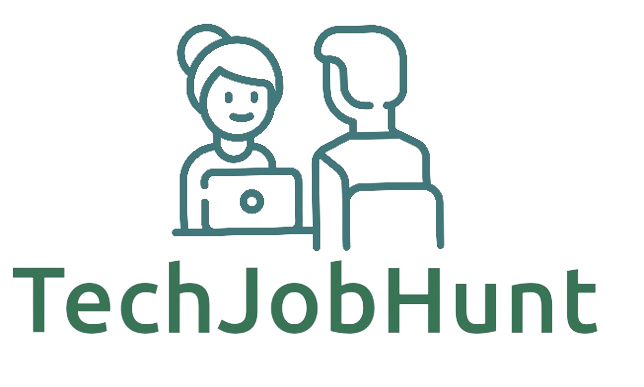Brightsun Infotech - .NET Developer Interview Preparation Guide
About Brightsun Infotech: Brightsun Infotech Pvt. Ltd. is subsidiary company of Brightsun Travel. Brightsun Travel is a travel based industry founded in 1986 and Deepak Nangla is the founder of this company and managing director of the company. This Company offers travel based services i.e. Flight, Hote, Package booking engine to the customers.
📋 Hiring Process at BrightSun Infotech -
- Technical Interview (1:1): This Rounnd mainly focus on the Core concept of OOPs and .NET MVC related questions. Candidate should learn the OOPs based concept like class, object and diffrent priciple of the OOPs. Secondly Focus on C# language concepts i.e. Types of classes, Generic class, LINQ concepts, Array, Dictionary etc. And ASP.NET concepts like MVC Architecture, Middleware, Dependecy Injection, ADO.NET, Entity Framework, Code based and Database First Approch types of Question.
- Managerial Round:In Managerial Round, Interviewer will discuss about your current and past project and company experience related question. Apart from this Task management, Team Management and Soft Skill like communication and understanding of different scenarios.
- HR Round: Finally! If you reach for this Round, HR will discuss about your Salary expectations, Joining Date, Explaining about the company policy and structure of the Organization etc.
💡 Sample Brightsun Interview Questions
-
What is the Class and Object, Types of Class?
Class is the Blue Print of the object. It does contain the behaviours and action of the object. And Object is the instance of the class that contain all the behaviour and action.
Classes are different type :
- Concrete Class: Regular class that is the basic blue print contains action method and properties.
- Abstract Class: It can not be instantiated through created object. It contain abstract and non-abstract mthod. It is used for the abstraction purpose and used via inherited in some other class.
- Sealed Class: Inheritance does not support. - Partial Class: Partial class can be devided into different source file with different properties and they combine into one during the run-time. It is created as Prefix of the Partial Keyword. -
What is the Polymorphism, Run Time and Compile Time Polymorphism?
Polymorphism referes multiple form. It referes that Multiple method can be formed into classes via different signature to perform diffrent operation
Different type of Polymorphism :
- Compile Time Polymorphism: Compile Time polymorphism also referred as Method Overloading, It is bind and Error generate during compilation of the code. Same method name in the class refer as method overloading and it is achieve via passing different number of parameter into mthod and changing the data types of the passaing parameter.
- Run Time Polymorphism: Run Time Polymorphism also referred as Method Overriding, It is bind and Error generate during run time of the code. Derived class method override the implementation of the same method name of the Base class refer the Run Time Polymorphism or Method Overriding. The override keyword used for overriding of the method.
-
What is the DI and difference between Scoped, Singleton, and Transient lifetimes in DI?
Dependency Injection is the inversion of control. So What does that mean, The ASP.NET Core introduced this concept and implmentation for the loose coupling between the classes. It basically removes the dependency of one class method execution or service injection from the other class and So If A class use the object of B class and any change occur into B class' method or service then A class does not make modification or changes into it's own method or class. You can inject it through different ways, Construtor based Injection, Properties Based or Particular Method. Below are some different DI and their Scope-
- Singleton: One instance for the app’s lifetime.
- Scoped: One per HTTP request.
- Transient: New instance every time it's injected. -
How do you implement Middleware in ASP.NET Core?
By creating a class with
RequestDelegateand callingnext.Invoke(context). Middleware is added to the pipeline in `Program.cs` using `UseMiddleware<YourMiddleware>()`. -
Explain optimistic concurrency in EF Core.
It prevents overwrite during concurrent updates using a timestamp or `RowVersion`. EF throws `DbUpdateConcurrencyException` if conflicts are detected.
-
How would you handle versioning in REST APIs?
Common approaches: URL versioning (`/api/v1/resource`), header-based (`X-API-Version`), or query strings (`?v=2`). Use the `Microsoft.AspNetCore.Mvc.Versioning` package.
✅ Tips for Success
- Go thorough in Concpets of OOPs Concepts with each topic Polymorphis, Inheritance, Abstraction, Encapsulation.
- Understand SOLID principles deeply
- Know how to design services using Clean Architecture
- Review projects from GitHub and explain your decisions
- Practice with mock interviews using STAR method
